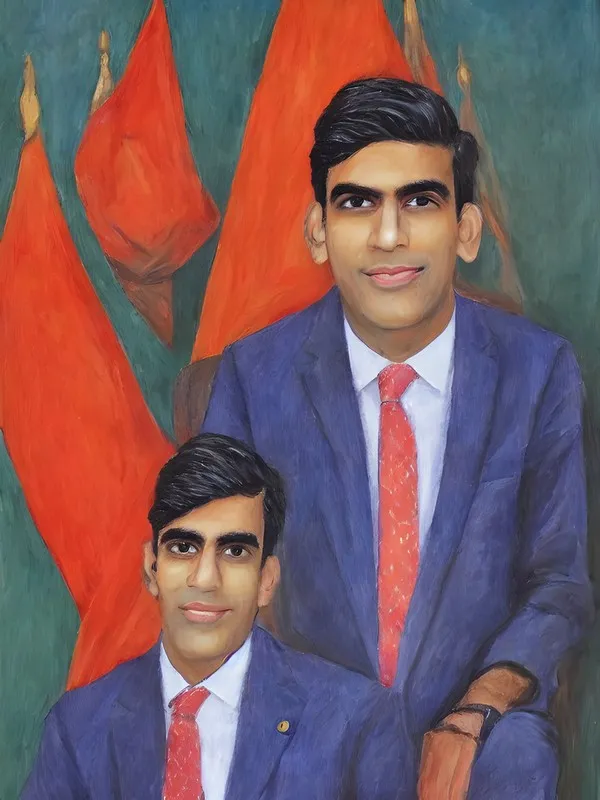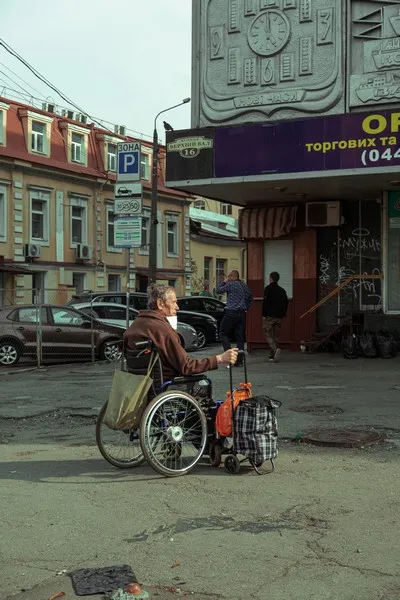The BBC have published an article which discusses the significant challenges faced by disabled individuals in navigating Paris's transportation system, particularly the Metro, ahead of the 2024 Paralympics. Despite promises of improved accessibility, only one of the 16 Metro lines is fully wheelchair-accessible, leading to frustration and shame among disabled Parisians. Influencers like Arthur Baucheron highlight the excessive travel time and costs involved in using alternative transport methods. The article underscores the limited progress in making lasting accessibility changes and the heavy reliance on buses and taxis, despite substantial investments. The experiences of individuals such as Nicolas Caffin illustrate the daily struggle and systemic barriers faced by the disabled community in Paris. This scenario exemplifies a broader sociological issue: the disproportionate burden placed on disabled individuals due to inadequate infrastructure. This burden manifests as excessive travel planning and decision-making, which exacerbates social inequalities and perpetuates systemic disadvantages for disabled people.
Structural Inequality and Transportation
Structural inequality refers to systemic disparities ingrained in social institutions, resulting in uneven access to resources and opportunities. The inaccessibility of Paris's Metro system is a prime example of such inequality. Despite the city's promise to improve accessibility for the 2024 Paralympics, the reality remains grim, with only one of 16 Metro lines being fully wheelchair-accessible. This starkly contrasts with other major cities, such as London, where a more significant proportion of the public transport network is accessible.
The structural barriers in transportation systems force disabled individuals to engage in meticulous and often exhausting travel planning. As seen in the experiences of Nicolas Caffin and Arthur Baucheron, disabled Parisians must frequently rely on buses or taxis, which are not only more time-consuming but also











